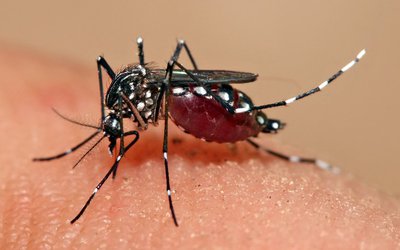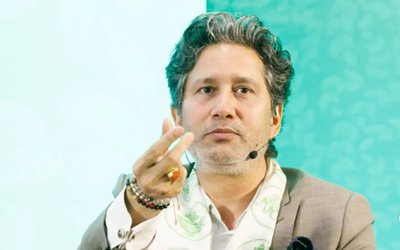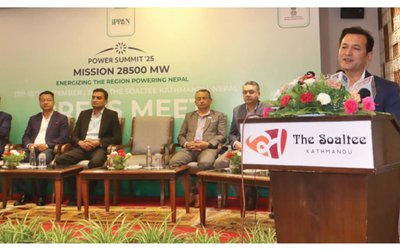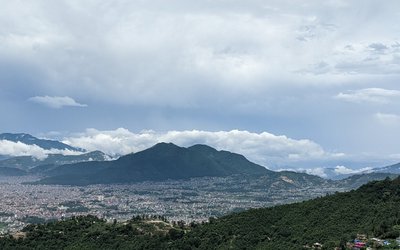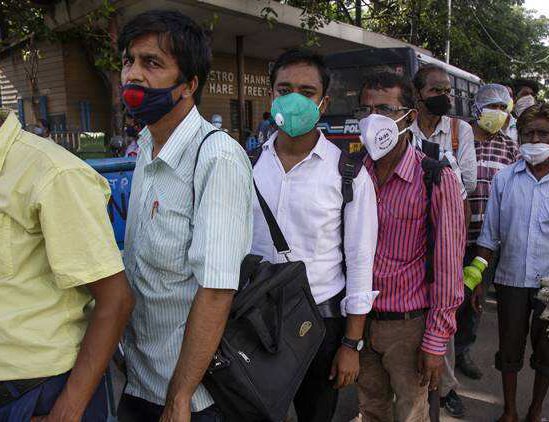
COVID-19 is changing the world as it affects all aspects of people’s lives in every society. While the consequences of the pandemic are varying from country to country, it is increasing poverty, inequalities and insecurity in many parts of the world. And, people of different ages are experiencing its effects in different ways.
The COVID-19 poses considerable risks to young people in the fields of education, mental health and employment. Women and girls are at heightened risk of domestic violence, inadequate access to essential health care and economic insecurity. The incidence of gender-based violence and forced marriage has increased in different parts of the world. Young refugees and displaced people are further at risk as they are isolated from the support system in many circumstances.
A Global Survey on Youth and COVID-19 conducted by partners of the Global Initiative on Decent Jobs for Youth between April and May 2020 reveals that the impact of the pandemic on young people to be systematic, deep and disproportionate. It has been particularly hard on young women, younger youth and youth in lower-income countries.
Of the young people who were either studying or combining study and work before the onset of the crisis, three-quarters (73 percent) experienced school closures, yet not all were able to transition into online and distance learning. The study finds that 17 percent of young people are probably affected by anxiety and depression. Mental well-being is lowest for young women and younger youth between the ages of 18 and 24.
Various other studies on the economic impact of the COVID-19 have revealed that many migrant workers, mostly in tourism, services and construction industries have lost their jobs globally since the lockdown started in March 2020. Women migrant workers are at greater risk of multiple intersections of discrimination and violence based on caste, class, race, ethnicity, nationality and age.
Coincidently, the year 2020 also marks the fifth anniversary of the landmark UN resolution 2250 on youth, peace and security. Emphasizing the critical need of young people to engage and support each other and demand and drive change, UN General Secretary Antonio Guterres said, “The world cannot afford a lost generation of youth, their lives set back by COVID-19 and their voices stifled by a lack of participation.” He called for more meaningful youth participation, partnerships, protection and empowerment.
Along with challenges, COVID-19 is opening up new opportunities for collective action for reaching the Sustainable Development Goals (SDGs). Unlike Millennium Development Goals, SDGs are an urgent call for action by all countries, both developed and developing in a global partnership. The SDGs slogan “leave no one behind” is more relevant today than ever in our global response to COVID-19.
Young people are rising to these challenges as well as responding to contain the virus and helping communities. Young people and youth organizations are bringing voluntary spirit. They are showing solidarity, asserting their voice through the campaign, tackling myths and stigma, keeping communication with communities across age and social groups, and protecting women and child-friendly spaces. They are making the best use of digital technologies and connecting with networks for online education and e-businesses.
We are inspired by young people for what they do, and they can do more. Yet, many young people are excluded from civic participation and decision-making processes. They are not adequately empowered and motivated for skills and opportunities. Potentials of youth must be realized as a dynamic force for building inclusive and resilient societies.
In light of these challenges and opportunities, there is a need to invest in youth to build their capacity in leadership, human rights, humanitarian principles, peace advocacy, entrepreneurship and global agendas. There is also a need to provide positive life skills to youth at risk as well as their psychosocial recovery and social integration. Further, there are young people in need such as migrants, displaced, persons with disabilities, survivors of gender-based violence and persons with chronic diseases who need urgent support and protection.
We need to empower youth by engaging them in different platforms at sub-national and national levels. We need to build a network of youth organizations with other groups and form inter-generational ties with senior members and policymakers. This will enhance solidarity in collective action for community transformation particularly in addressing structural gender and cultural violence.
Technology is bringing youth together for learning and businesses as digital platform solutions are taking shape. We need to take immediate action to address the digital divide especially for rural and marginalized young people for equitable learning and business opportunities as we move forwards.
This global crisis has taught us the meaning of life and purpose. It has made us be more compassionate. We have learned that the challenges cannot be dealt with in isolation and cannot be dealt with by one section of the population. We need commitments to support, protect, capacitate and mobilize youth as informed and engaged citizens. Leaders need to lead the agenda of youth in the COVID-19 response.
Dr. Prabin Manandhar is an expert in international development. Currently, he is working in Iraq as a Country Representative of The Lutheran World Federation. He is the Former Chair of the Association of International NGOs in Nepal (AIN). He is also a visiting faculty at the Kathmandu University and the Tribhuvan University Institute of Crisis Management Studies. He can be reached atprabin.manandhar11@gmail.com
This article was published in the Biennial Bulletin, Peace Education Network-Nepal, 2020.
- Reclaiming Nepal’s Budget From Hidden Hands
- Jun 07, 2025
- Redefining Regional Cooperation: How SAARC can evolve like ASEAN
- May 11, 2025
- From Nepal to Myanmar: Navigating Earthquake Response Lessons
- Apr 13, 2025
- World Humanitarian Day 2024: Committing to Peace and Accountability
- Aug 19, 2024
- Nepal Investment Summit: Unlocking Economic Potentials For Growth And Development
- Apr 28, 2024




